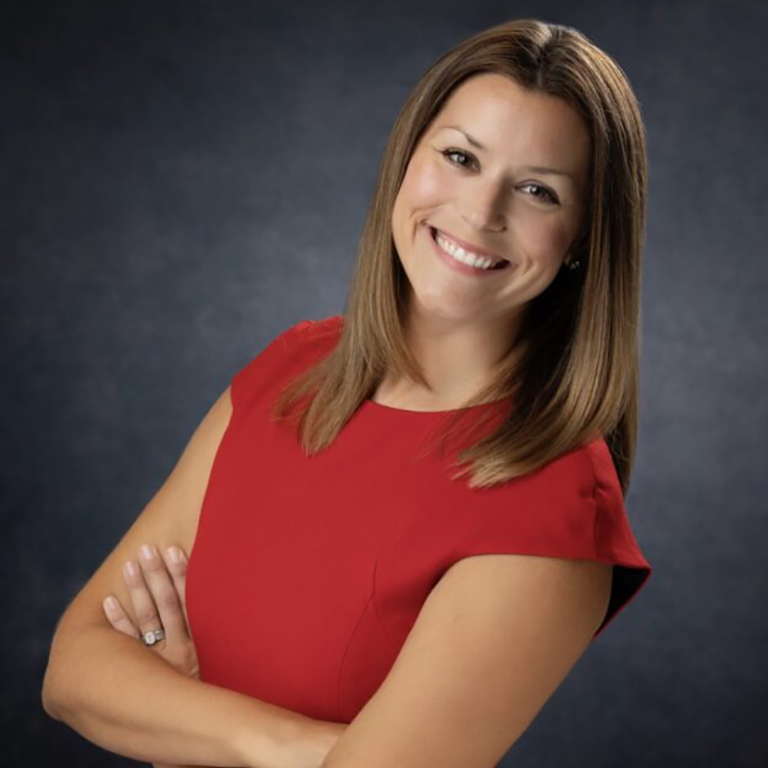- Ph.D., with distinction, Georgetown University, 2010
- M.S., Georgetown University, 2007
- B.A., Marquette University, 2005

Laura Gurzynski-Weiss
Professor, Spanish and Portuguese

Professor, Spanish and Portuguese
Center for Caribbean and Latin American Studies
Research
I specialize in Instructed Second Language Acquisition (ISLA)—the study of how additional languages (L2s) are acquired in structured learning environments such as classrooms, immersion programs, and digital platforms. My research explores how we can maximize learning outcomes by investigating variables that shape L2 development through multiple lenses, including:
A central focus of my work is ensuring that research findings have practical, real-world value beyond academia. I collaborate with local schools and universities to inform language instruction at the elementary, high school, and college levels—particularly in Bloomington and across Indiana. My research also contributes to global conversations at the intersections of ISLA and Task-Based Language Teaching (TBLT), ISLA, TBLT and open scholarship, and ISLA and child bilingualism.
Most of my projects involve close collaboration with students, reflecting my commitment to mentoring and engaged scholarship. I am also a strong advocate for open scholarship. My work is available through IRIS-database.org, OASIS-database.org, and the open educational platform I founded and direct: the TBLT Language Learning Task Bank.
Teaching
Undergraduate Courses
I regularly teach two core courses in the undergraduate Spanish linguistics curriculum:
For HISP-S326, I co-authored the textbook Introducción y aplicaciones contextualizadas a la lingüística hispánica (Wiley Blackwell, 2017) with colleagues Manuel Díaz-Campos and the late Kimberly L. Geeslin. In collaboration with former students Daniel Jung (Wake Forest University), Carly Carver (Augusta University), and Nofiya Denbaum-Restrepo (Minnesota State University), I helped develop a task-based companion set of teaching materials designed to bring the textbook to life in the classroom.
Graduate Courses
At the graduate level, I teach courses in ISLA, research design, and pedagogy. These include:
Service
I am actively engaged in professional service and leadership. I currently serve as: